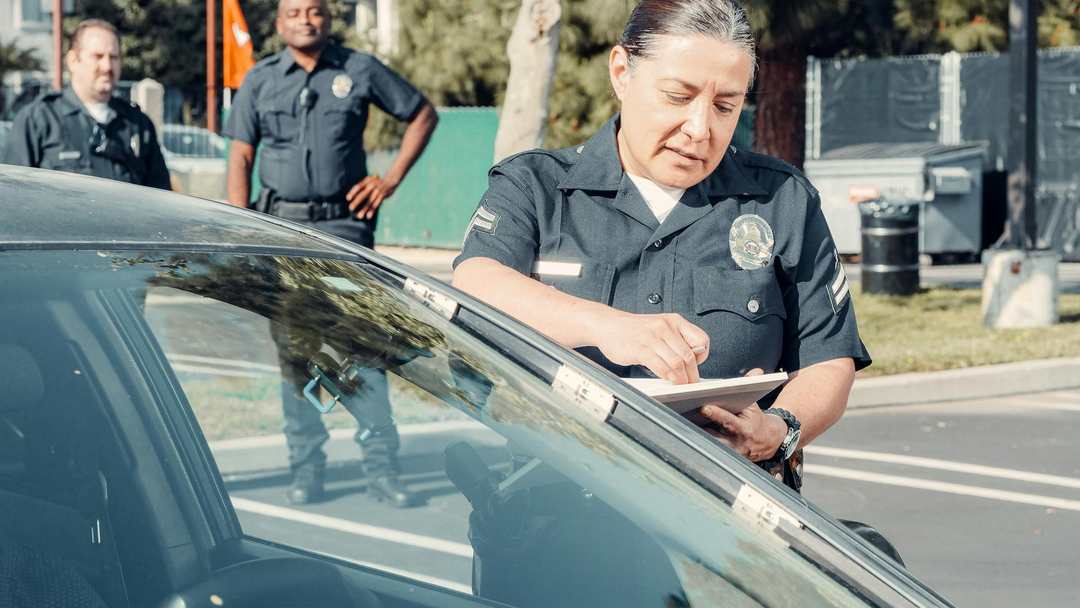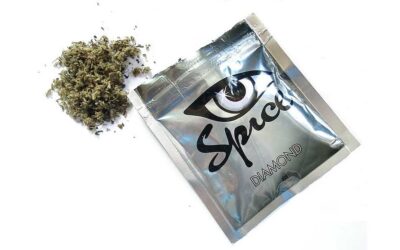The “automobile exception” in Michigan law allows police to search a vehicle without a warrant if they have probable cause to believe it contains evidence of a crime.
This exception is grounded in the idea that vehicles are inherently mobile, meaning evidence could be moved or destroyed before a warrant is obtained.
Probable cause is a key element in applying this exception.
If law enforcement has a reasonable belief—based on the facts and circumstances—that the vehicle contains contraband or evidence of illegal activity, they can conduct a search.
This standard often arises in cases involving drug-related offenses.
For example, the smell of marijuana has frequently been cited as a factor contributing to probable cause, although recent rulings have added complexity due to the legalization of marijuana in small amounts under Michigan law.
Use You Right To Remain Silent
If you have been accused or charged with a crime.
Say nothing to anyone. Talk to us first.
Our firm is experienced in both State and Federal courts defending clients.
CALL NOW
One notable case is People v. Kazmierczak (2000), where the Michigan Supreme Court ruled that the smell of marijuana alone could justify a search under the automobile exception.
However, as marijuana laws evolved, this principle was reconsidered.
In People v. Armstrong (2023), the court ruled that while the smell of marijuana can contribute to probable cause, it must be combined with other suspicious factors to justify a search.
The debate around this exception continues as courts balance law enforcement’s ability to investigate crimes and individuals’ privacy rights, especially with the legalization of marijuana in Michigan.
Cases
Several legal cases have examined the validity of conducting warrantless vehicle searches based on the odor of marijuana, particularly considering the changing landscape of marijuana legislation.
People v. Freddie Wilkins III (2024): In Wilkins’ case, the search was triggered by the odor of marijuana, but his defense challenged whether that alone should constitute probable cause for a broader search, particularly when possession of small amounts of marijuana is legal.
People v. Armstrong (2023): In this instance, the courts in Michigan reassessed the applicability of the automobile exception, taking into consideration the provisions outlined in the Michigan Regulation and Taxation of Marihuana Act (MRTMA).
The court ruled that while the smell of marijuana could still contribute to probable cause, it must be accompanied by other suspicious factors to justify a search. This case closely mirrors Wilkins, where the search was based on marijuana odor but also raised questions about unregistered firearms found during the search.
People v. Moorman (2020): During a traffic stop, a police officer detected the scent of marijuana, and when the defendant denied possessing any, this denial, along with the odor, provided the officer with probable cause to conduct a search of the vehicle.
The court found that the defendant’s behavior, along with the odor, justified the search, similar to the arguments presented in Wilkins. The ruling was based on the idea that such behavior suggests illegal possession beyond the legal limits
People v. Kazmierczak (2000): Previously, Michigan courts held that the smell of marijuana alone was sufficient to establish probable cause for a vehicle search.
However, this decision was later overruled in part due to changes in marijuana laws.
This case laid the groundwork for discussions like those in Wilkins, where courts must determine if the presence of marijuana (legal in small amounts) is enough to justify a search.
Note: This article provides a general overview and does not substitute for legal advice. Anyone charged with a CSC offense should consult an attorney for specific legal guidance.
More Articles
Adverse Possession in Michigan – Can Someone Claim Your Property?
Understanding Adverse Possession in MichiganMichigan recognizes adverse possession, a legal doctrine allowing someone to acquire ownership of real property they've occupied for a specific period, even without a formal title.The Statute: MCL 600.5801 The relevant...
Red Flag Rules for Extreme Risk Protection Orders-Firearms Act
Michigan Supreme Court - These changes follow the creation of the Extreme Risk Protection Order Act and amendments to the Firearms Act. Red Flag Laws.Effective February 13, 2024On February 6, 2024, the Michigan Supreme Court issued ADM File No. 2023-24, which adopts...
Synthetic Marijuana (Synthetic Cannabinoid Homologues)
Spice/ K2, Synthetic MarijuanaWhat is Spice/ K2, Synthetic Marijuana? K2 and Spice are just two of the various trade names or brands for synthetic designer drugs that aim to replicate THC, the primary psychoactive component of marijuana. These designer synthetic drugs...
Michigan Court Rules
MICHIGAN COURT RULES OF 1985Updated February 13, 2024 The Michigan Court Rules The Michigan Rules of Court are the rules adopted by the Michigan Supreme Court to govern Michigan’s legal system and the judges, lawyers, and other professionals who are charged with...
Understanding Michigan’s Cyberbullying Law (MCL 750.411x)
Understanding Michigan's Cyberbullying Law With the ever-expanding digital landscape, cyberbullying has become a harsh reality for many. Michigan, recognizing its seriousness, has established specific laws to address this issue. Here's some things you need to knowWhat...
Involuntary Manslaughter Charges and Penalties in Michigan
Involuntary Manslaughter Charges and Penalties in MichiganHere's things you should to knowWhat is Involuntary Manslaughter in Michigan? Involuntary manslaughter differs from murder in that it lacks intent to kill. In Michigan, it is somewhat defined as the killing of...
The Expanding List of Crimes that Restrict Gun Ownership
The Expanding List of Crimes that Restrict Gun Ownership in MichiganHere are the LawsDomestic Violence The legislature passed a package of bills that add subsets to certain misdemeanor offenses (identified below) for offenses involving domestic relationships. See 2023...
Forensic Science Division – DNA Profiling System
The Michigan State Police Forensic Science Division (FSD) DNA Profiling System is a comprehensive program that uses DNA analysis to support criminal investigations throughout the state. The system is housed within the Biometrics and Identification Division (BID),...
Examining Michigan’s Act 247 and the Publication of Notices
Are Newspapers Still the Town Crier in a Digital Age? Examining Michigan's Act 247 and the Publication of Notices In today's rapidly evolving digital landscape, the role of traditional media like newspapers is constantly under scrutiny. Yet, in Michigan, a 1963 law,...
Can employers test for weed in 2024?
A bill enacted into California law in 2024 prohibits employers from discriminating against individuals based on their off-duty and off-site use of cannabis, as it relates to their employment. The bill provides an extra level of safeguard for marijuana users in...






















